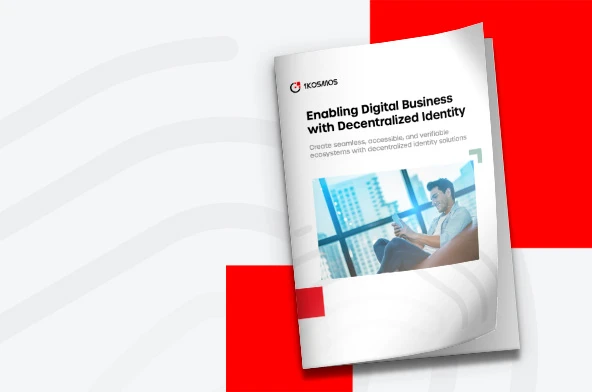Costs Of Storing Data On The Blockchain
Blockchain, by design and definition, defines a particular type of database. It is constructed to read only once database. What that means is, they are designed to be only ever created, and not edited or deleted. That indirectly means that data stored in blockchain decentralized ledger can’t be changed (edited or deleted) and will stay there forever making it immutable. You can fetch this data back in future and can never it. And most of the data stored in blockchain decentralized ledger is transactional type data that hardly requires space of 1KB or less. But what about storing the other form of data such as media files on blockchain ? The number of experts has thought of storing regular data on blockchain decentralized ledger but they were taken aback when the prices of storing these data on the decentralized ledger can burn the holes in pockets. Let’s see how much does it cost to store any arbitrary data on blockchain?
Concept of Gas
Let’s consider the Ethereum blockchain as it is one of the easiest examples to understand the issues associated with data storage.
Just like nodes and miners keeps the bitcoin blockchain alive, Gas is the fuel that keeps the Ethereum blockchain functioning. All the transactions such as sending Ether from one account to another, creating the smart contract and other activities that require computational power are charged with fees. The fee schedule is specified in units of gas. Thus any given fragment of programmable computation (this includes creating contracts, making message calls, utilizing and accessing account storage and executing operations on the virtual machine) has a universally agreed cost in terms of gas.1 every transaction has a specific amount of gas associated with it and the gas actually varies as the complexity of the transaction alters. The higher the complexity of the problem the larger number of gas it will cost.
For instance, sending or receiving the Ethereum from one account to another can costs 21,000 Gas. As we know, smart contracts are the most important feature of Ethereum platform and FYI it also cost you the certain number of gas in order to create new contracts. According to Yellow paper, creating smart contract can cost you up to whopping 1,197,977 Gas.
How much does Gas Cost?
You might be wondering about the real amount of gas fuel which keeps the Ethereum blockchain database alive. The answer may be astounding and very shocking at the same time. It will further answer the issues related to the use of blockchain as the database for general files.
As per stated in the Yellow paper: ETHEREAL: A SECURE DECENTRALISED GENERALISED TRANSACTION LEDGER,
A gas is worth of 0.00000005 ETH and if you planning to store data or let’s say a 256-bit word it will cost you 20,000 gas. A kilobyte is thus 640k gas or 0.032 ETH or 16.70 USD as per the current rate of Ethereum which is $528.3 Dollar.
Now calculate the price of storing one GB of data on blockchain decentralized ledger and blow your mind away with an enormous amount that will come up. As per the current price of Ethereum, 1MB of data will cost you up approx. 17,100 USD. Calculate the price you will need to pay to store 1GB data of data on the blockchain. Though the facts mentioned above is only true for public Ethereum blockchain while the case can be totally different if we focus on few private or permissioned blockchain. One will, after reading the solution, definitely conceive the idea of using blockchain as the secured database is far way better than using the traditional database.
The Solution
Private blockchain really does not require what called the Gas to keep it running in fact, storing the data on permissioned blockchain can be the most effective way to keep your data safe and sound without paying hefty of money. The logic here is you can store the data any permissioned on private blockchain database such as Storj, Sia, Ethereum Swarm etc. which are specially designed convert the blockchain in the most secure database. The data will later be published on the public blockchain. Though no one will be able to access it as long as you are holding the private keys. Moreover, you can use InterPlanetary File System or IPFS to access the data as well as transfer the data from one computer to another way faster, securely and economically compared to centralized databases vs using the blockchain decentralized ledger.
